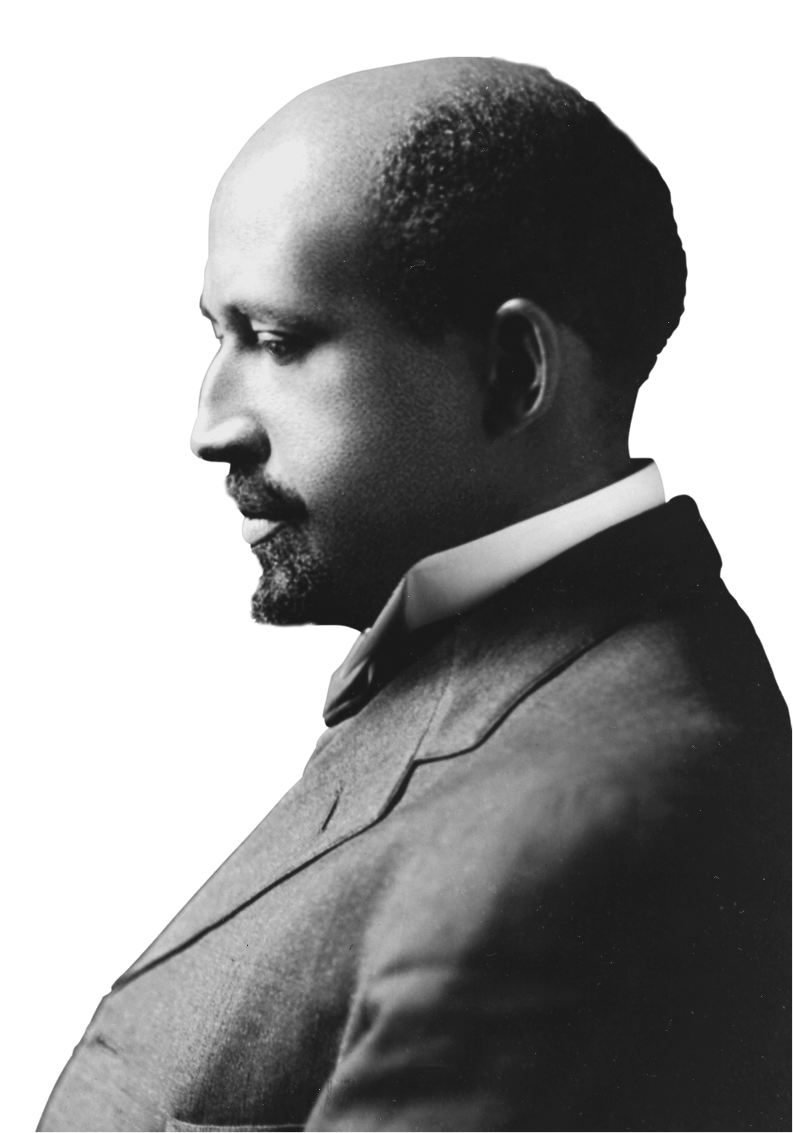REFLECTING ON THE CYCLES OF RACE IN AMERICA THROUGH HISTORY
- Dr. Juhanna Rogers, PH.D
- May 7, 2021
- 3 min read
Featured in CEO Essentials, May 2021, CenterState CEO monthly newsletter
In times of challenge, history is our greatest teacher. However, the inclusive histories of all people have not always been taught to the masses. Yet, if we do not understand where we are coming from, then how do we make progress on social matters? If we don’t understand the depths of segregation, which left a legacy that limits growth opportunities and economic prosperity still seen today, then how can you and your staff fully understand the lived experiences of friends, colleagues and neighbors? How do you begin to engage in addressing race and equity issues?

In 1903, W.E.B Du Bois wrote, “the problem of the twentieth century is the problem of the color line - the relation of the darker to the lighter races of men in Asia and Africa, in America and the islands of the sea.” Nearly 120 years later, his words still hold significant relevance.
History allows us to reflect on the cycle of these racial realities in America. It forces us to recognize the systemic racism that plagued Asian and Southeast Asians in internment camps in the 1940s, on racism against Muslims following the attacks of 9/11, and reflect on the “Asian blame” and anti-Asian hate that we witness today.
As we heard from our Annual Meeting keynote speaker Aisha Glover of Audible, our commitment to driving social change and advancing equity work is something that all businesses have the ability to engage in, even disrupt. “It is in our power to right size so many of the social and economic inequalities that exist in our country. Consider it a business decision,” emphasized Glover. Martin Luther King, Malcolm X, Fannie Lou Hammer, Toni Morrison, Madame CJ Walker, Cesar Chavez, Zora Neal Hurston. The activists, entrepreneurs, literary leaders and scholars that came before us challenged systems during moments in our history where there were few opportunities. As leaders in their moment, they committed to do just that, lead, even when the odds were stacked against their favor.
Let’s use their lessons as a blueprint to how we lead in this moment. As employers, the commitment to diversity, equity and inclusion (DEI) must be in-depth, and ongoing. It must start with education, and in some cases, re-education. Whether your company or organization is small or large, the tools and resources to do so are more abundant than ever. It requires an intentional commit to using them.
Read, and watch films that open you to new histories and perspectives, and spark dialogue.
Attend panel events through our Racial Equity & Social Impact division.
Take CenterState CEO’s Business Equity Pledge, to show your commitment to this work.
Encourage your teams to use the tools on our www.centerstateceoequity.com site. Visit our curated library of resources, assessment tools, and micro course on racism.
Commit to a deeper examination of how your organization will expand its DEI efforts. Reach out to us to find out how we can help you in these efforts.
In the spirit of Carter G. Woodson, an African American scholar and inventor, we must re-educate ourselves in order to lead differently.
-Dr. J.
Dr. Juhanna Rogers is vice president of Racial Equity and Social Impact at CenterState CEO. Contact Dr. Rogers at jrogers@centerstateceo.com to learn more about racial equity and social impact initiatives, DEI training courses and consultation services available through CenterState CEO.


Comments